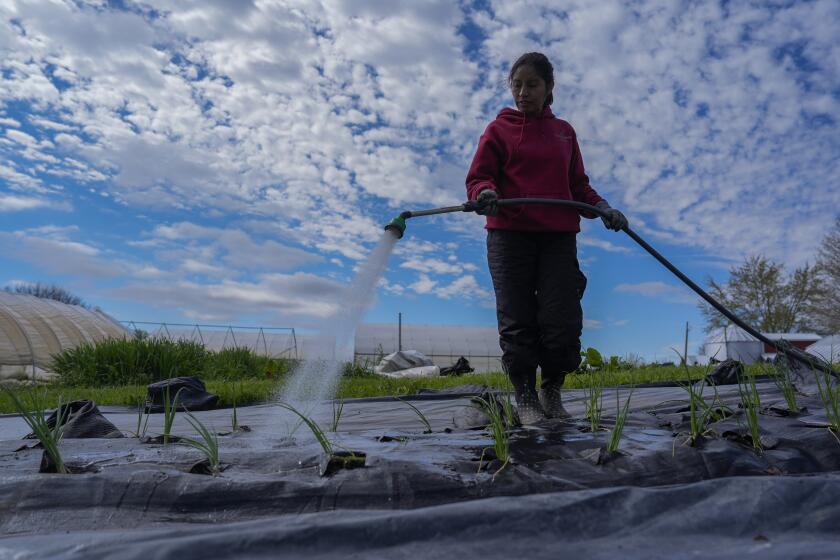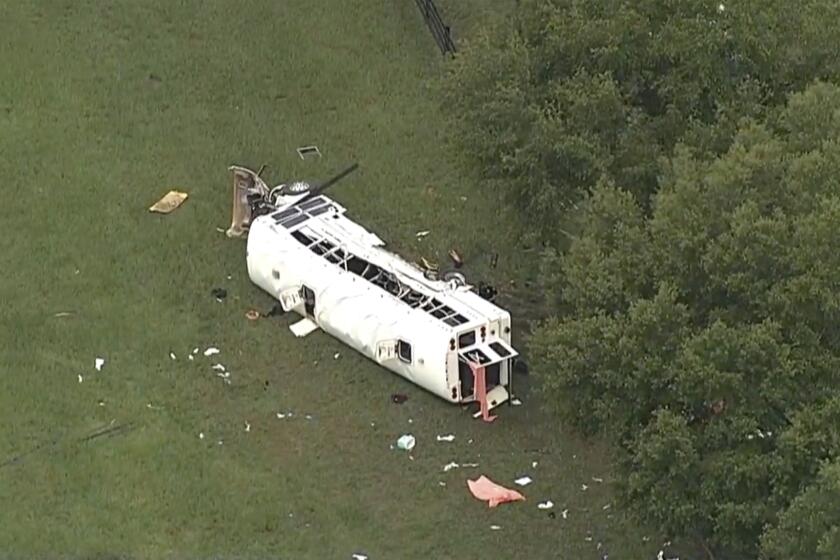Translation Problem
Good for President Bush for trying to smooth relations between energy and environmental interests. However, he will not achieve that goal until he and the environmental community begin communicating in the same language.
For example, Bush often talks about basing decisions such as oil drilling in the Alaskan Arctic on “good science.” Who can argue with that? But Jay Watson of the Wilderness Society responds, “You want to listen to a petroleum geologist or a fish and wildlife biologist?”
Bush and Vice President Dick Cheney talk a lot about “balance.” They usually seem to mean they want to balance the bad, environmentally slanted decisions of the Clinton administration. They often claim that Clinton locked away millions of acres of public lands from the people by creating new national monuments and roadless areas in the national forests. Of course, these were the people’s lands and still are.
In fact, the previous administration granted 7,091 new leases in coastal waters and opened up nearly 4 million acres of the National Petroleum Reserve on the Alaskan north coast to oil and gas exploration and production.
Bush wants to drill in wilderness in an “environmentally sensitive manner.” Environmentalists say that cannot be done. That either it’s wilderness or it’s not. There’s no in-between. Even damage that is mitigated is still damage.
Bush speaks of nuclear power as clean and nonpolluting. But what about the tons of highly radioactive waste scattered throughout the country waiting for Washington to select a safe place to store it for the next thousand years? This remains one of the nation’s serious environmental problems.
The president said in announcing his new energy plan, “The truth is, energy production and environmental protection are not competing priorities.” Rather, he said, “They’re dual aspects of a single purpose: to live well and wisely upon the Earth.” However, they do compete if oil drilling and production intrude on places like the Arctic refuge in Alaska. Then, energy wins and the environment loses. Real balance means improving the gasoline mileage of sport-utility vehicles and pickup trucks. A modest increase would save as much oil as the refuge would yield. Or drill in the millions of acres of federal land, both in Alaska and elsewhere, that remain open to leasing by the oil and gas companies.
There is a short-term energy crisis in California. There is no imminent national energy crisis. The nation can develop enough new energy to keep the nation living well while protecting the nation’s rarest and most pristine wild areas. You can have environmental protection and energy development, as the president says. You just can’t always have them in the same place.
More to Read
Start your day right
Sign up for Essential California for news, features and recommendations from the L.A. Times and beyond in your inbox six days a week.
You may occasionally receive promotional content from the Los Angeles Times.





